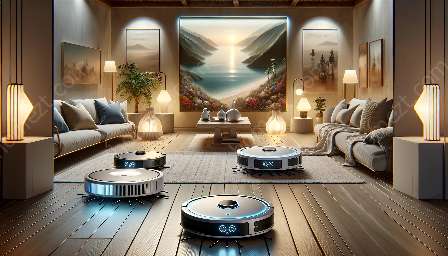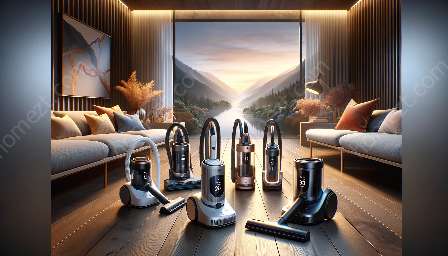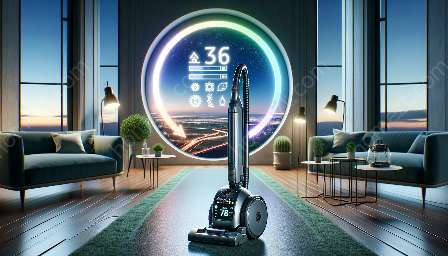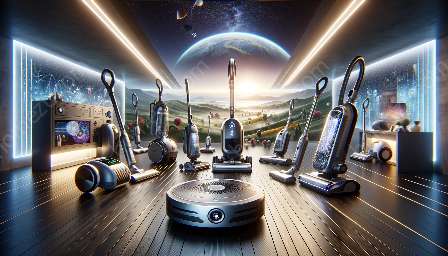Vacuum cleaners have become an indispensable tool for maintaining a clean and healthy home. As advancements in home appliance technology continue, energy efficiency has emerged as a crucial consideration for consumers looking to minimize energy consumption and reduce their environmental impact. When it comes to vacuum cleaners, understanding the principles of energy efficiency can lead to informed purchasing decisions and long-term cost savings.
The Importance of Energy Efficiency
Energy efficiency in vacuum cleaners is a measure of how effectively these devices utilize energy to perform their cleaning tasks. An energy-efficient vacuum cleaner consumes less electricity while delivering powerful suction and effective filtration, resulting in reduced energy costs and a smaller environmental footprint. With the rising awareness of climate change and sustainability, the demand for energy-efficient vacuum cleaners has increased significantly.
Key Factors Influencing Energy Efficiency
Several factors contribute to the energy efficiency of vacuum cleaners. The design and quality of the motor significantly impact energy consumption. High-performance motors, such as those found in modern brushless and digital inverter models, can deliver superior cleaning performance while minimizing energy usage. Additionally, advancements in brush and roller design, as well as the efficiency of air pathways and filtration systems, contribute to overall energy efficiency.
Technological Innovations
Manufacturers are continually investing in research and development to enhance the energy efficiency of vacuum cleaners. These efforts have led to the introduction of features such as variable suction control, automatic power adjustment based on floor type, and intelligent sensors that optimize energy usage while maintaining cleaning effectiveness. Moreover, the use of advanced materials and lightweight construction has also contributed to improved energy efficiency without compromising performance.
Benefits of Energy-Efficient Vacuum Cleaners
Choosing an energy-efficient vacuum cleaner offers numerous advantages beyond energy savings. These appliances often feature quieter operation, extended lifespan, and improved air quality due to more effective dust and allergen capture. Additionally, the reduced energy consumption contributes to lower utility bills and aligns with eco-friendly lifestyles, making energy-efficient vacuum cleaners an attractive choice for environmentally conscious consumers.
Guidelines for Selecting an Energy-Efficient Vacuum Cleaner
When shopping for a new vacuum cleaner, consider the ENERGY STAR label, which indicates that the appliance meets or exceeds strict energy efficiency guidelines set by the Environmental Protection Agency. Look for models with high-efficiency particulate air (HEPA) filters, which ensure optimal air quality, and explore features such as adjustable power settings and energy consumption indicators that further enhance energy efficiency. By making an informed choice, consumers can prioritize energy efficiency without compromising on cleaning performance.
The Future of Energy-Efficient Vacuum Cleaners
As technology continues to advance, the future of energy-efficient vacuum cleaners looks promising. Anticipate further integration of smart technologies, such as connectivity to home automation systems and real-time energy monitoring, to provide users with enhanced control and energy usage insights. Furthermore, ongoing research in sustainable materials and energy recovery systems will contribute to the development of even more efficient and environmentally friendly vacuum cleaners.
In conclusion, understanding the energy efficiency of vacuum cleaners empowers consumers to make informed decisions that benefit both their households and the environment. By embracing energy-efficient technologies, individuals can enjoy cleaner homes and contribute to a more sustainable future.





















